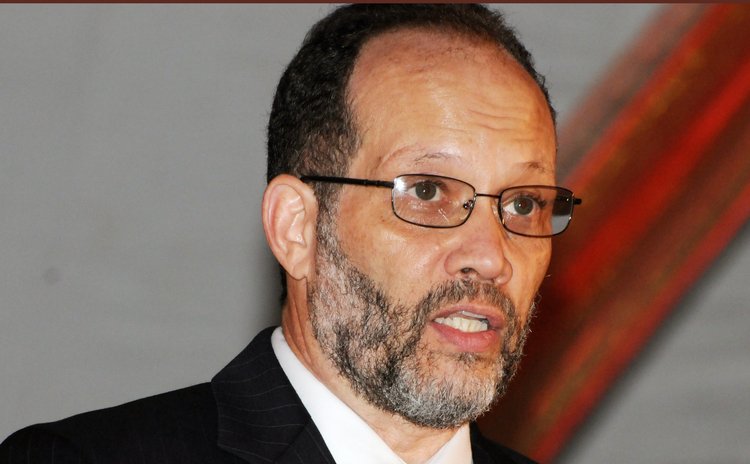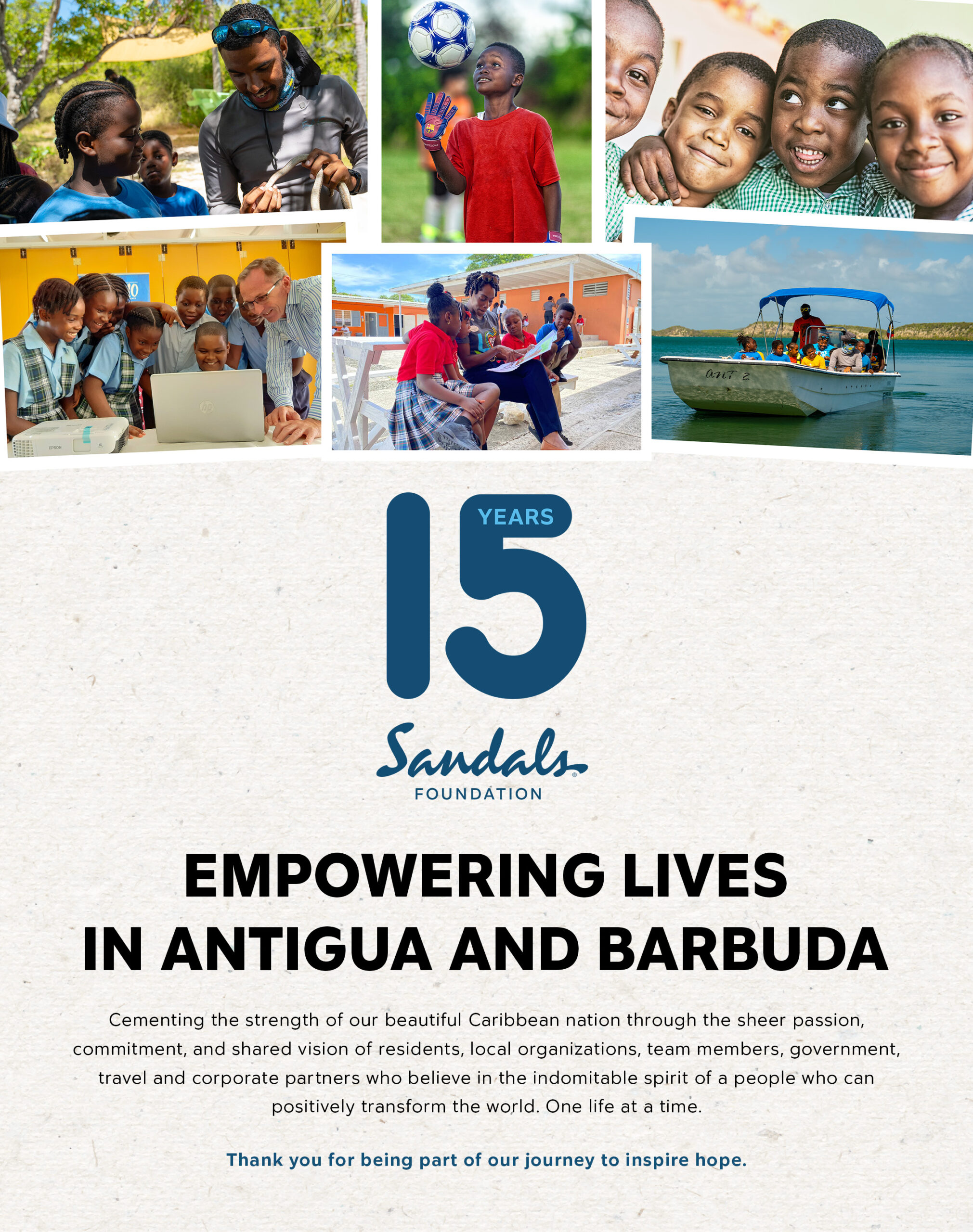
A two-day conference aimed at examining and redefining violence prevention solutions as it relates to youth violence and prevention in the Caribbean began here on Tuesday with the Secretary General of the Caribbean Community (CARICOM), Irwin LaRocque, it is a regional problem that demands a regional solution.
LaRocque told the conference that has brought together leaders from youth movements, governments, civil society, development organizations and academia that crime and security is an issue that is having an impact on all the 15-members of the regional integration grouping.

“It is a regional problem that demands a regional solution. It not only requires the full co-operation of all our countries but also all the stakeholders within the member states. The multi-state, multi-sectoral response to this challenge is vital for us to succeed in defeating it,” LaRocque told the opening ceremony.
He said a United Nations Development Programme (UNDP) 2012 Caribbean Human Development Report on Citizen Security, noted that crime and violence impose high social, economic and cultural costs.
Crime and violence are development issues and the report recommended that a model of security for the region should be based on a human development approach with citizen security being paramount, he added.
The two day conference, which is being hosted by the United States Agency for International Development (USAID), the Caribbean Community (CARICOM) Secretariat, UNICEF, the Barbados-based Caribbean Development Bank (CDB), the London-based Commonwealth Secretariat, the St. Lucia-based Organisation of Eastern Caribbean States Commission, and the Caribbean Learning for Youth Networking and Change Sessions (LYNCS) Network., is intended to design transformational youth-centered action to combat crime and violence and address constraints that youth activists face in improving safety outcomes in their communities.
LaRocque told the conference that the youths are the demographic that is most affected by crime and violence and that some of the main findings of recent studies are that the majority of victims, as well as perpetrators of crimes recorded by the police, are young males 18 to 35 years old.
He quoted the UNDP report as indicating that the Caribbean has some of the highest figures of youth convicted of crime with at least 80 per cent of prosecuted crimes being committed by young people between the ages 19 to 29 years old.

“There are a number of socio-economic determinants of crime, not least of which is the high youth unemployment rate in the region of 25 per cent in 2017. That is three times the adult average and highest among young women ages 18 to 30 at 33 per cent,” he said, adding that to combat this scourge, Caribbean leaders approved the CARICOM Crime and Security Strategy in 2013, which incorporates the CARICOM Social Development and Crime Prevention Action Plan.
LaRocque said that the plan hinges on a multi-pronged approach, including crime prevention, justice reform, prison and corrections reform, capacity development within law enforcement and border security, and intelligence-led law enforcement.
He said that within the realm of crime prevention, it has been recognised that there is a need to work closely with communities, to address citizens’ perception of, and support for, the security and law enforcement sector.
This involves the development of close collaboration between and among ministries responsible for national security and their counterparts in related sector.
LaRocque said that the Crime Prevention Action Plan and the CARICOM Youth Development Action Plan (CYDAP) are two of the main policy frameworks which guide the design and implementation of policy and programmes in member states to address crime and violence from a prevention perspective and through addressing the underlying social factors.
He said they also seek to create an enabling environment for adolescent and youth well-being, empowerment and participation in national and regional development.

But LaRocque told the delegates that notwithstanding the value of the projects and programmes that are put in place to deal with crime and violence in the region, he is of the firm view “the core of this battle must be fought in the home.
“Families have a vital role to play in turning the tide of this struggle. The universal values of love, hard work, honesty, character building, belief in self and self-respect are key weapons.
“The first intervention must be in the home. It is there that our youths are first socialised. It is there that we must tackle the concept of toxic masculinity which comes out of a false notion of what it takes to be a man,” he said, adding ‘we must demonstrate that gangs, crime and violence are not the answer to a path of success and self-actualization”.
He said conferences such as this one provide an opportunity for young people to be fully involved in providing solutions to problems that affect them.
“The engagement of youth at all levels of the decision-making process is critical for the successful outcome of all these interventions. It is not only your future that is at stake but your present circumstances. You must be equal partners in this struggle as your theme “Youth as Partners and Innovators” suggests,” he added.
Advertise with the mоѕt vіѕіtеd nеwѕ ѕіtе іn Antigua!
We offer fully customizable and flexible digital marketing packages.
Contact us at [email protected]

















I HAVE THE SOLUTION
RID THE SOCIETY OF POLITICIANS, RELIGION, MONEY, FOOD WE EAT, FOREIGN MUSIC, TECHNOLOGY, DOCTORS & DRUG STORES, CERTAIN TYPES OF CLOTHES.
DO THIS AND THE PROBLEM WILL BE SOLVED, ARE YOU WILLING TO WITHDRAW FROM THE SYSTEM BECAUSE THAT IS WHAT IT WILL TAKE. (Rastaman)
The best solution is to close down CARICOM and use the money saved to hire more police officers in Antigua. All these people at CARICOM do is give speeches, they are a total waste of time and money.
Comments are closed.